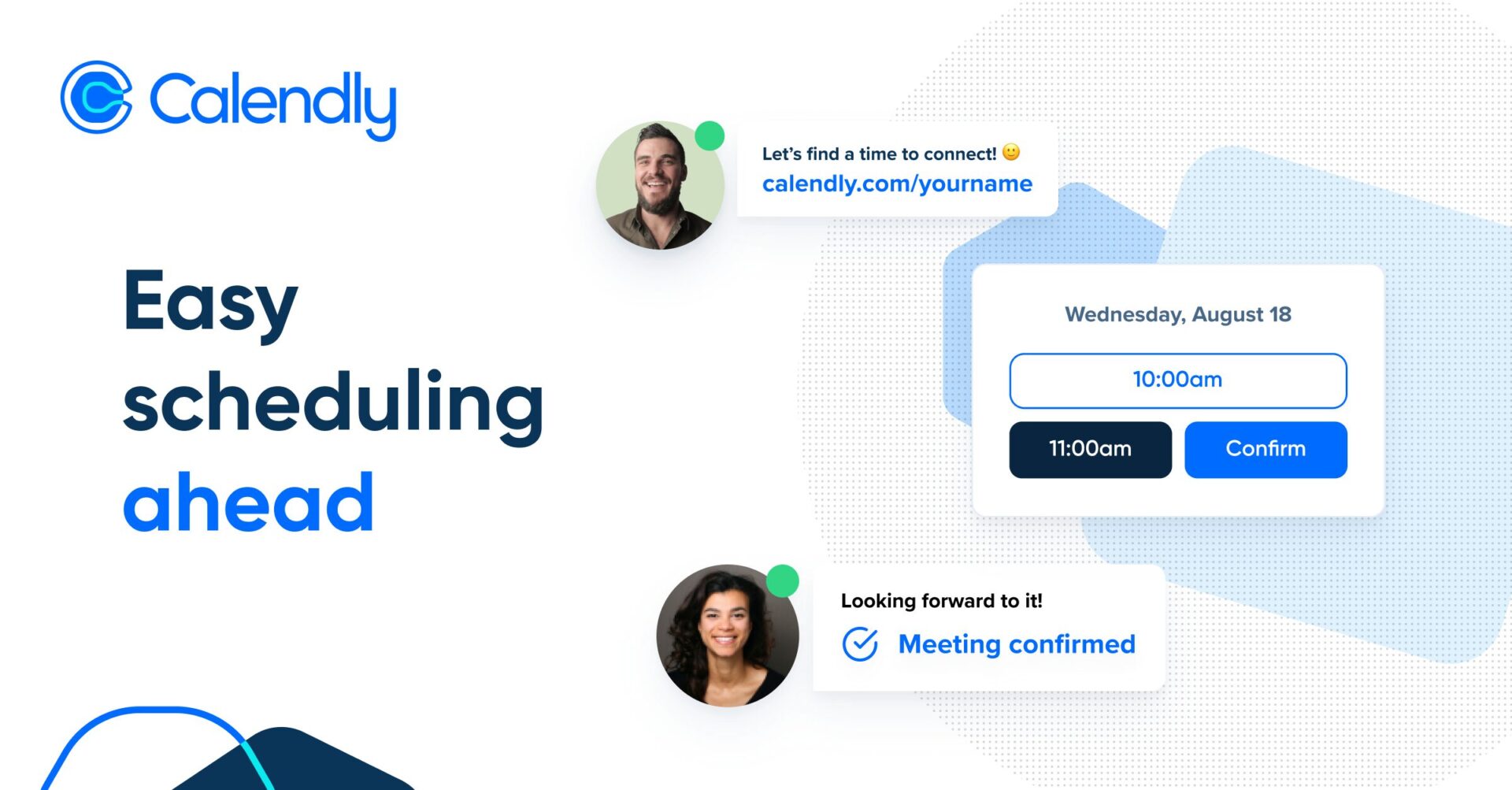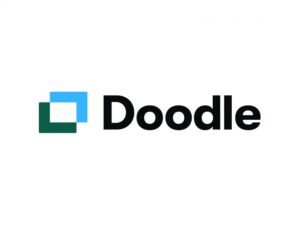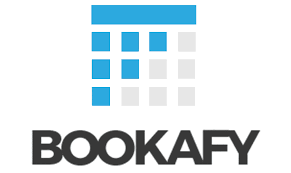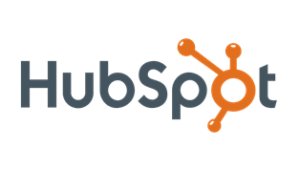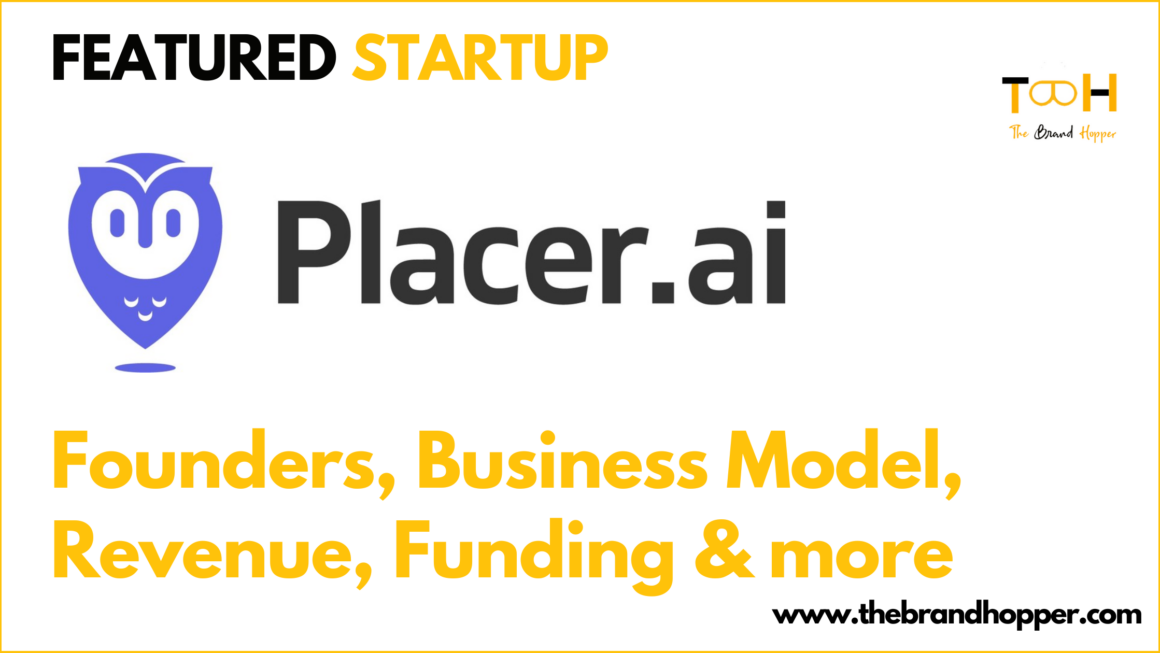Calendly is a highly successful software-as-a-service (SaaS) startup that has revolutionized the way people schedule meetings and appointments. Founded in 2013 by Tope Awotona, Calendly has grown from a simple idea to streamline scheduling into a widely-used platform that serves millions of users worldwide. The company’s mission is to eliminate the hassle of back-and-forth emails and phone calls when trying to find a mutually convenient time for meetings, ultimately saving time and increasing productivity for individuals and businesses alike.
The genesis of Calendly came from Awotona’s personal frustration with the inefficient process of scheduling meetings in his previous roles in sales and business development. Recognizing that this was a universal problem faced by professionals across various industries, he set out to create a solution that would simplify the scheduling process. Awotona, a Nigerian immigrant to the United States, took a significant risk by investing his life savings of $200,000 into starting Calendly, a decision that has since paid off tremendously.
The core concept of Calendly is elegantly simple: users can create rules for their availability, and then share a link that allows others to book time slots that fit within those parameters. This eliminates the need for lengthy email chains or phone tag to find a suitable meeting time. The platform integrates with popular calendar applications such as Google Calendar, Office 365, and iCloud, ensuring that all scheduled meetings are automatically added to the user’s existing calendar system.
One of the key factors in Calendly’s success has been its user-friendly interface and seamless integration capabilities. The platform is designed to be intuitive, requiring minimal setup and offering a clean, professional appearance that can be customized to match a company’s branding. This ease of use has contributed significantly to Calendly’s rapid adoption across various sectors, from small businesses to large enterprises.
Calendly’s growth strategy has been primarily driven by organic user acquisition and word-of-mouth referrals. The company initially focused on providing a free basic version of the service, which allowed users to experience the benefits of the platform without any financial commitment. This freemium model proved highly effective in attracting a large user base and creating advocates for the product. As users experienced the value of Calendly, many voluntarily upgraded to paid plans that offered additional features and functionality.
The startup’s journey to success was not without challenges. In the early days, Awotona faced difficulties in securing venture capital funding, with many investors skeptical about the potential of a scheduling tool. However, Calendly’s organic growth and strong user adoption eventually caught the attention of investors, leading to a $350 million investment round in 2021 that valued the company at $3 billion. This funding round, led by OpenView Venture Partners and Iconiq Capital, marked a significant milestone for the company and validated its business model and market potential.
Calendly’s success can be attributed to several factors, including its focus on solving a specific, widespread problem, its commitment to user experience, and its strategic approach to pricing and feature rollout. The company has consistently added new features and integrations based on user feedback and market demands, ensuring that the product remains relevant and valuable to its user base.
One of Calendly’s strengths is its versatility. While it started as a tool primarily used by individuals and small teams, it has evolved to offer robust solutions for larger organizations, including features for team scheduling, round-robin assignments, and collective availability. This scalability has allowed Calendly to expand its market reach and cater to a diverse range of clients, from freelancers and entrepreneurs to Fortune 500 companies.
The COVID-19 pandemic in 2020 and the subsequent shift to remote work provided an unexpected boost to Calendly’s growth. As businesses worldwide adapted to virtual meetings and remote collaboration, the need for efficient scheduling tools became more critical than ever. Calendly was well-positioned to meet this increased demand, and the company saw a significant surge in user adoption during this period.
In terms of company culture, Calendly has maintained a strong focus on innovation and customer satisfaction. The startup has built a diverse team of professionals from various backgrounds, fostering an environment of creativity and continuous improvement. This culture has been instrumental in driving product development and maintaining Calendly’s competitive edge in the market.
Looking to the future, Calendly continues to expand its features and explore new markets. The company has expressed ambitions to become more than just a scheduling tool, aiming to create a comprehensive platform for managing all aspects of meetings and appointments. This includes integrations with video conferencing tools, CRM systems, and other productivity applications to create a seamless end-to-end solution for professional interactions.
In conclusion, Calendly’s journey from a startup born out of personal frustration to a billion-dollar company is a testament to the power of identifying and solving a common problem with an elegant, user-friendly solution. Through strategic growth, consistent innovation, and a focus on user experience, Calendly has established itself as a leader in the scheduling software market and continues to shape the future of how professionals manage their time and interactions. As the company moves forward, it remains committed to its mission of simplifying scheduling and enhancing productivity for individuals and businesses around the world.
Top Competitors and Alternatives of Calendly
Calendly is a popular scheduling tool that helps users streamline appointment setting by providing a centralized calendar where invitees can book time slots. However, several other tools offer similar functionality with unique features and pricing structures. Here’s a detailed look at some top competitors and alternatives to Calendly:
1. Acuity Scheduling

Website – https://acuityscheduling.com/
3. Setmore
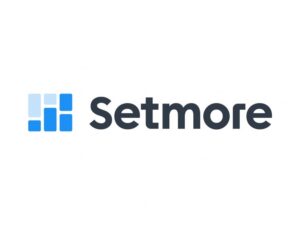
Website – https://www.setmore.com/

